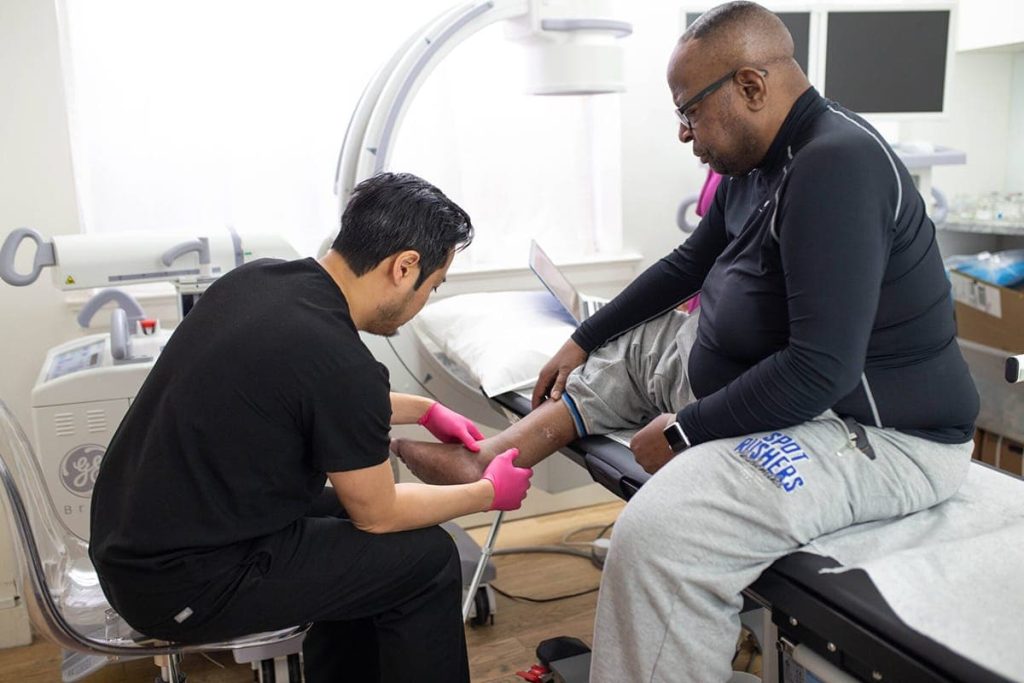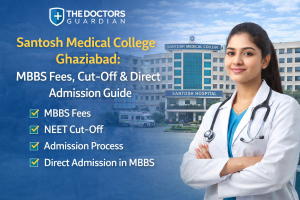Many people experience discomfort, swelling, or visible veins in their legs but may not know where to turn for help. This often leads to the question, “What kind of doctor is a vein specialist?” Understanding the role of a vein specialist and the conditions they treat is crucial for getting effective, lasting relief. At Vein Treatment Long Island, patients have access to experienced doctors at a dedicated vein treatment center who focus exclusively on diagnosing and treating vein disorders using modern, minimally invasive techniques.
What Kind of Doctor is a Vein Specialist?
A vein specialist is a medical doctor trained in the diagnosis and treatment of vein disorders. These doctors may have backgrounds in vascular surgery, interventional radiology, or phlebology. Their primary focus is on the veins rather than the arteries, and they treat both medical and cosmetic vein concerns.
At a vein treatment center, specialists provide personalized care based on a patient’s symptoms, vein health, and medical history. Unlike general practitioners, vein specialists have advanced training in procedures that improve blood flow, reduce pain, and enhance the appearance of the legs.
Types of Doctors Who Can Be Vein Specialists
- Vascular Surgeons: Vascular surgeons are trained in surgical and minimally invasive techniques to treat veins. While they can perform traditional vein surgery, most modern vascular surgeons prefer non-surgical methods such as endovenous laser therapy or radiofrequency ablation.
- Interventional Radiologists: These specialists use imaging technology to guide minimally invasive procedures that treat vein problems. They excel at procedures like sclerotherapy, laser ablation, and VenaSeal™ treatments.
- Phlebologists: Phlebologists focus solely on venous medicine. They are experts in the diagnosis and treatment of varicose veins, spider veins, and chronic venous insufficiency.
By asking “What kind of doctor is a vein specialist?”, patients can understand that these physicians combine specialized training with hands-on expertise to treat a wide range of vein-related issues.
What Do Vein Specialists Treat?
Vein specialists treat both medical and cosmetic conditions. Here are the most common conditions treated at a vein treatment center like Vein Treatment Long Island:
1. Varicose Veins
Varicose veins are enlarged, twisted veins that appear on the legs. They may cause pain, swelling, heaviness, or cramping. Vein specialists treat varicose veins using minimally invasive procedures such as:
- Endovenous Laser Therapy (EVLT): Uses laser energy to seal the vein from within.
- Radiofrequency Ablation (RFA): Uses heat to close faulty veins.
- VenaSeal™: Uses medical adhesive to close veins without heat or anesthesia.
2. Spider Veins
Spider veins are small, thin veins visible near the surface of the skin. While mostly cosmetic, they can sometimes indicate underlying venous problems. Treatments include:
- Sclerotherapy: Injection of a medical solution to collapse the vein.
- Laser Therapy: Non-invasive light treatment to reduce the appearance of veins.
3. Chronic Venous Insufficiency (CVI)
CVI occurs when vein valves fail to function properly, leading to blood pooling in the legs. Symptoms include swelling, skin discoloration, and leg pain. Vein specialists evaluate the severity using ultrasound imaging and recommend treatments such as ablation therapies or compression therapy to improve blood flow.
4. Leg Swelling and Pain
Leg swelling, heaviness, and cramping are common symptoms that may signal venous problems. A vein specialist can identify whether these symptoms are related to vein disease or other health issues and provide appropriate treatment.
5. Venous Ulcers
Open sores on the legs, known as venous ulcers, are often caused by poor circulation. Left untreated, these ulcers can become chronic and difficult to heal. Vein specialists treat the underlying vein problem to promote healing and prevent recurrence.
6. Deep Vein Thrombosis (DVT)
DVT is a serious condition where a blood clot forms in a deep vein, usually in the legs. Vein specialists diagnose and treat DVT to prevent complications such as pulmonary embolism, using anticoagulation therapy, compression devices, and monitoring.
Why Visit a Vein Treatment Center?
Patients often ask, “Why should I see a vein specialist at a vein treatment center?” A specialized center like Vein Treatment Long Island provides several benefits:
- Accurate Diagnosis: Advanced imaging helps identify underlying vein problems.
- Personalized Treatment Plans: Care is tailored to the patient’s symptoms, vein anatomy, and goals.
- Minimally Invasive Procedures: Most treatments require no hospital stay and minimal downtime.
- Cosmetic and Medical Care: Specialists address both appearance and health issues.
- Long-Term Support: Follow-up care ensures lasting results and prevents recurrence.
How to Know if You Need a Vein Specialist
If you experience any of the following, it may be time to consult a vein specialist:
- Visible varicose or spider veins
- Leg pain, heaviness, or cramping
- Swelling or redness in the legs
- Non-healing ulcers or skin changes
- History of blood clots or family history of vein disease
By visiting a vein treatment center, you can receive expert evaluation and a treatment plan that addresses both the symptoms and the underlying cause.
Final Thoughts
If you’ve been asking, “What kind of doctor is a vein specialist?”, the answer is that these are highly trained physicians who focus on diagnosing and treating venous disorders. At a dedicated vein treatment center like Vein Treatment Long Island, specialists provide comprehensive care for varicose veins, spider veins, chronic venous insufficiency, and related conditions.
Visiting a vein specialist ensures you receive accurate diagnosis, effective treatment, and long-term support. By combining minimally invasive procedures with personalized care, patients can achieve healthier legs, improved circulation, and greater confidence in their appearance.






